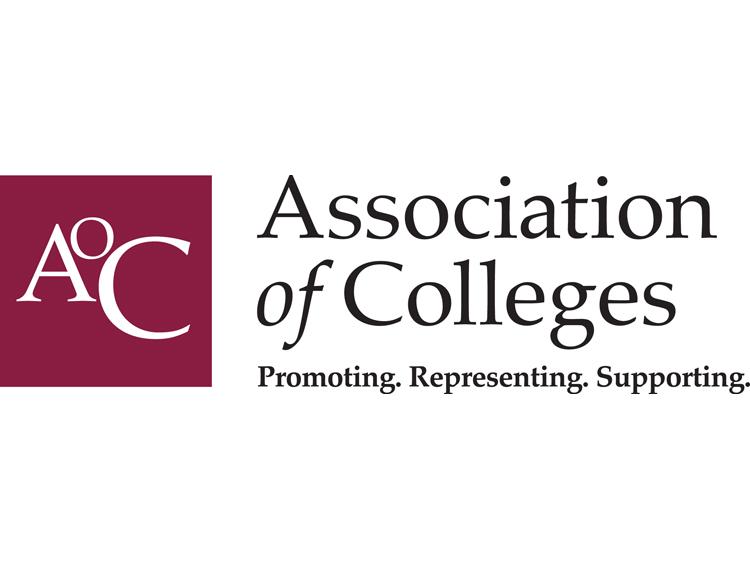A Level students short-changed says the Association of Colleges

As students received their A Level results this week, the Association of Colleges says the Government must invest in more teaching hours for those aged 16-19.
 David Hughes, Chief Executive of the Association of Colleges, said: “Our young people are in danger of getting short-changed compared with their counterparts in other countries and compared with previous generations. That cannot be right. The Association of Colleges has called on the Government to increase the base rate for 16-19 funding to match that for 11 to 16-year-olds.”
David Hughes, Chief Executive of the Association of Colleges, said: “Our young people are in danger of getting short-changed compared with their counterparts in other countries and compared with previous generations. That cannot be right. The Association of Colleges has called on the Government to increase the base rate for 16-19 funding to match that for 11 to 16-year-olds.”
In England, the current base funding level for 16 to 18-year-olds is £4,000 per year. This decreases to £3,300 at 19-years-old. This funding covers around 600 teaching hours per year – equivalent to around 15 hours per week, according to the Sixth Form Colleges Association. This compares poorly when compared to countries such as Denmark, which has a minimum number of 26 teaching hours per week, the Netherlands which provides 1,000 hours per year and Norway which offers 980 guided learning hours per year
Mr Hughes said: “This is not just a funding issue, it’s a moral issue and should deeply concern every one of us. How can we expect our young people, whether at school or college, to get the support and education they need to progress in their chosen path without the right investment? The Government has already made a funding commitment to increase the teaching hours for the incoming T Levels, but this will cover around 25% of 16 to 19-year-olds. The next step must be to address the unfairness for the majority of young students.”
This year’s A Level results are the first to cover the new linear format for 13 subjects, where AS results no longer impact on the final result. This has already had a significant impact on the number of AS Level entries, which have decreased from 1.1 million in 2016 to 660,000 in 2017. According to the Association of Colleges, this will continue as the A Level reforms continue.
Mr Hughes said: “AS Level entries have virtually halved in a year as a result of the reforms. This is due to the new linear A Levels leading to a narrower range of subjects in many schools and some colleges. Many students no longer have the opportunity to start their A Levels studying four subjects. This has led to massive drops in the AS Level entries in critical STEM subjects such as biology and chemistry.
“The last thing the education sector needs is more reforms. What should take place, however, is a review of current post-16 landscape to make sure this is effective for young people. Over the last couple of years, colleges have already been subject to such a review. Yet new sixth forms have continued to be opened within schools, often offering very limited choice and a poor quality experience. We need a more rational look at this.”











Responses